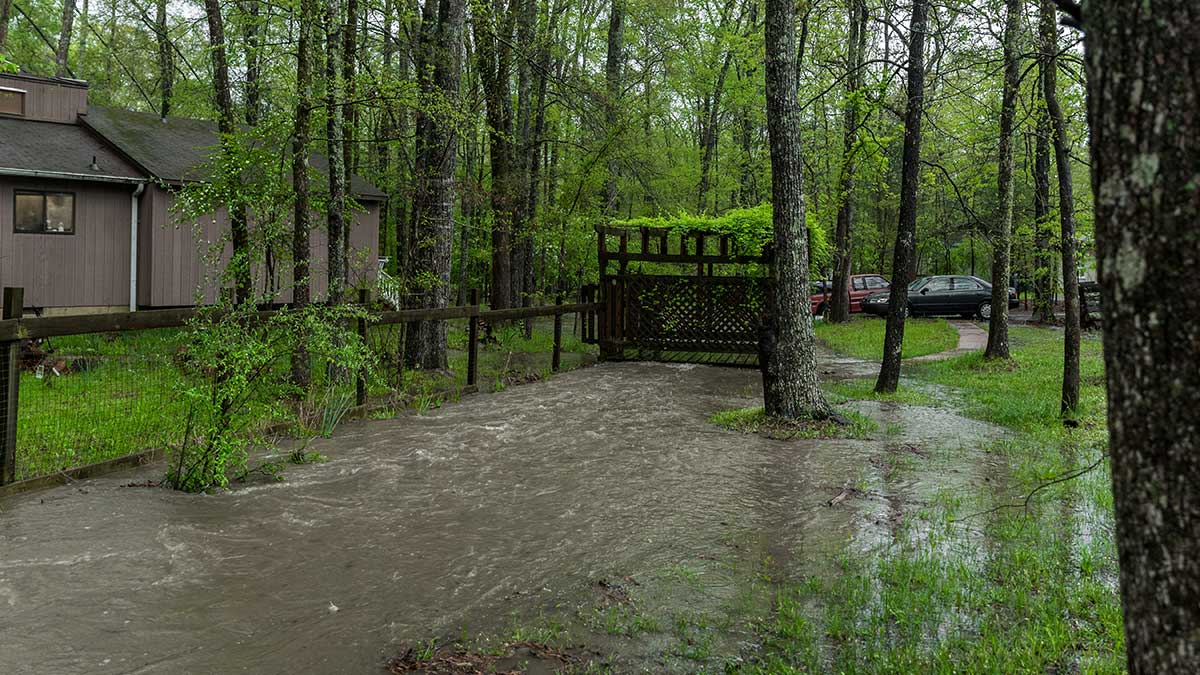Inland flooding refers to an influx of water in areas away from the coast or large bodies of water. This flooding is too severe for natural or artificial drainage to mitigate. While inland flooding is less common than coastal floods, the effects can be much more severe because the magnitude of the flood can be just as great, and residents may be less prepared. Residents of North Carolina are at a higher risk of inland flooding because of its proximity to the ocean and the abundance of water systems throughout the state. Hurricane season provides a unique threat due to back-to-back storm surges and increased rainfall.
In this guide to inland flooding in North Carolina, we discuss how to prepare for these events and what to do should you find yourself affected by floodwaters.
How to Prepare Before a Flood to Minimize Loss to Your NC Home Or Business
Although we cannot prevent floods, there are a few ways to prepare to avoid damage and lessen the financial impact, the primary means being to purchase flood insurance. Most companies will provide quotes and evaluations to help you understand the risk in your area. For those who obtain flood insurance, it is essential to have a record of valuable household items if you must file a claim.
Another way to minimize loss is to invest in waterproof storage containers to ensure that essential documents like birth certificates, social security cards, passports, photos, etc., remain safe and dry. Other maintenance issues like having higher-sitting electrical boxes and keeping gutters clear can go a long way in preventing extensive damage.
Know and Strengthen the Weak Points of Your NC Home
North Carolina homeowners should ensure the foundation of their homes is solid and free of cracks. A sturdy foundation can mitigate or prevent significant and expensive damage resulting from inland flooding.
Foundation experts can assess the integrity of your foundation to reduce risk, mitigate flood damage, or repair foundation damage caused by inland flooding.
Knowing the age of your home can be a great help in evaluating your risk because home elevation requirements have changed over time. The infrastructure of older houses may need to be equipped to keep up with the increasing number of rainfall and flood-related events.
Pay attention to preexisting leaks in basements and roof and yard drainage quality to thoroughly evaluate your home. Fixing these issues is one of the best investments you can make for the longevity of your home while protecting it from flood damage.
Understand the Risks and Long-Term Effects of Flooding
Even if you never thought of your home as being in a high flood-risk area, understanding the dangers of flooding can help you take flood risks seriously. Floodwaters often interfere with home utility systems such as water lines, sewage, electrical systems, and storage areas. This can expose individuals to contamination and electrocution while limiting access to clean water, food, phones, and cars. It can cause mold growth and foundation damage days, weeks, and even months after flooding.
What to Prioritize During a Flood Event
In the event of a flood, safety should always be a priority. A plan for emergencies can help ensure that family members and loved ones are accounted for and know where to go. Keeping up with national alerts can provide timely communication of important warnings and instructions. Move to higher ground when possible, and avoid contact with the flood water. Once the waters subside, safety should still be a priority, as protective clothing and gloves should be worn when cleaning up. When reentering homes, be cautious of animals and avoid contact with electrical wires.
Understand the Impact of Inland Flooding on NC Communities
The aftermath of flooding affects more than just physical structures. Those experiencing property damage and loss often experience increased loneliness, depression, and anxiety. Flooding can also cause significant financial harm to families and force businesses to close or lose substantial revenue.
Understanding and preparing for these impacts will help families, neighbors, and communities better support one another.
Conclusion
We hope you never have to experience flooding firsthand, but all homeowners should know there is a risk, even if your home is inland. Having a clear understanding of your priorities allows you to plan accordingly to protect what you value most.
At DeVooght House Lifters, we want our clients to feel safe and comfortable in their North Carolina homes. Reach out to our team to learn how our NC house lifting and NC structural relocation flood solutions can give you peace of mind and protect your home and family from the disastrous effects of inland flooding.

